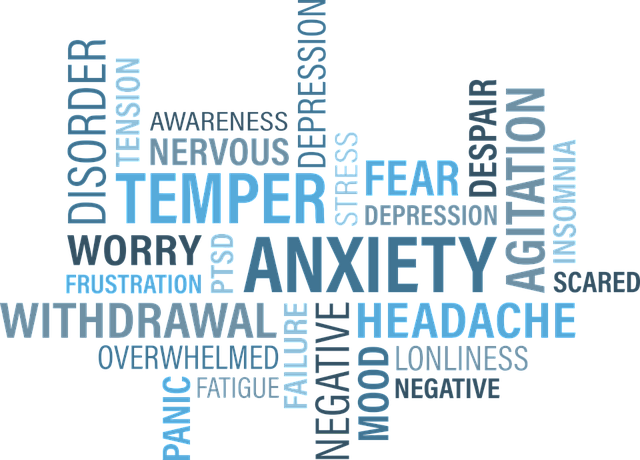Bipolar relapse is when you begin to feel symptoms of the disorder coming on when before, things were pretty quiet. It is very important to keep track of these relapses and their symptoms. Report them to your psychiatrist and therapist so he/she can make medicine adjustments or other adjustments.
Bipolar Relapse Symptoms
Here is a list of bipolar relapse symptoms you might experience:
- Loss of appetite
- Change in sleeping habits
- Change in appetite
- Fear of being overwhelmed
- Wanting to switch jobs, involved in a new “idea”
- Increase in alcohol or drug consumption
- Going on spending sprees
- Being more impulsive: sexually active, gambling
- Increase or decrease in activity level
- Increased irritability
Mood Diary
Getting a handle on the mood relapse at the beginning will be easier if you had a mood chart or diary. There are apps that you can use on your smartphone, or simply use your desktop computer, laptop or tablet to keep your mood information. The mood diary can help you determine your triggers and know how to see them coming and do something about it before a full-blown episode happens.
I have used various kinds of mood charts or diaries. I have used just a basic journal. That did not last long because I have never been the type to journal. Then I used a two column chart. The first column was for the date and then the second column was for my mood information. I used that method for a long time. However, it was not very portable. Now I use a pocket calendar to keep track of my moods. It is really cool this way because I can see all my moods during the course of an entire month with just a quick glance. And then I can see at a glance my moods over a period of several months.
What should you do if you are in a Bipolar Relapse?
It is always a good idea to have a plan in place if you were to go into a bipolar relapse. You should develop this plan with your psychiatrist and your therapist. Your spouse/significant other, close friends, family and friends from your support group should be aware of you plan and also of your symptoms.
Bipolar Relapse Prevention Strategies
Below is a list of strategies to help prevent a relapse. It is not an all-encompassing list.
- Get a routine and stick with it.
- Have a maintenance plan that has little side effects.
- Avoiding alcohol and drugs.
- Competent health providers.
- Healthy lifestyle: adequate sleep, exercise, nutrition and down time.
- An understanding of your relapse symptoms and how to address each one.
- Healthy relationships with family, support groups and faith-based support.
Conclusion
A bipolar relapse is difficult to hide from. Most bipolars will have one from time to time. You can make it through. If there is planning involved, you will have a much easier time recovering.
Below are links to more information about bipolar relapse.
https://healthguides.healthgrades.com/article/recognizing-signs-of-bipolar-disorder-relapse
http://www.bphope.com/ask-the-doctor-dealing-with-relapse/

